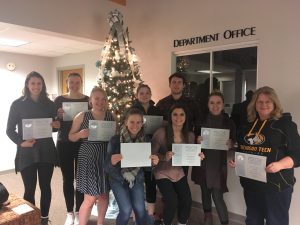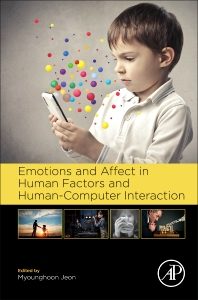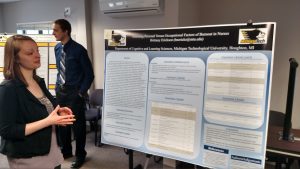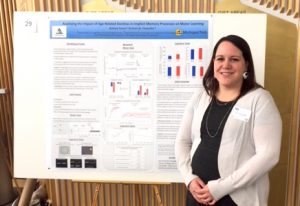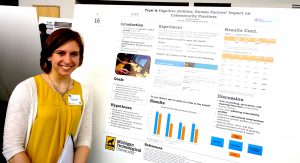Michigan Technological University’s transdisciplinary researchers reach across disciplines and institutional boundaries to solve complex problems that are bigger than a single specialized field.
Kelly Steelman, an assistant professor of cognitive & learning sciences, says diversity is good for problem-solving. If you only have a spoon, the only food you’ll want to eat is soup.
“The more tools you have available to your research team, the more likely you are to consider a variety of solutions and not get stuck always trying to use the same approach to every problem… The more perspectives we bring to the table, the better opportunity we have to create innovative and transformative solutions.”
Read the full story on the Michigan Tech News Website.
